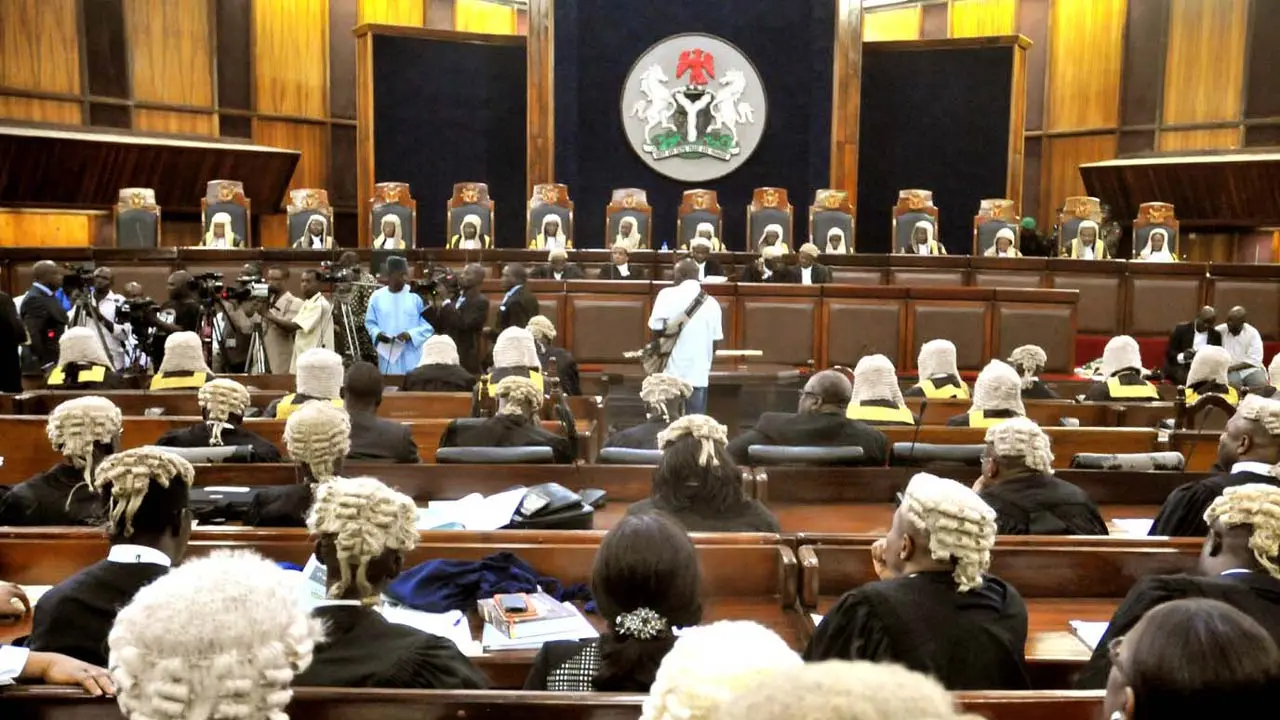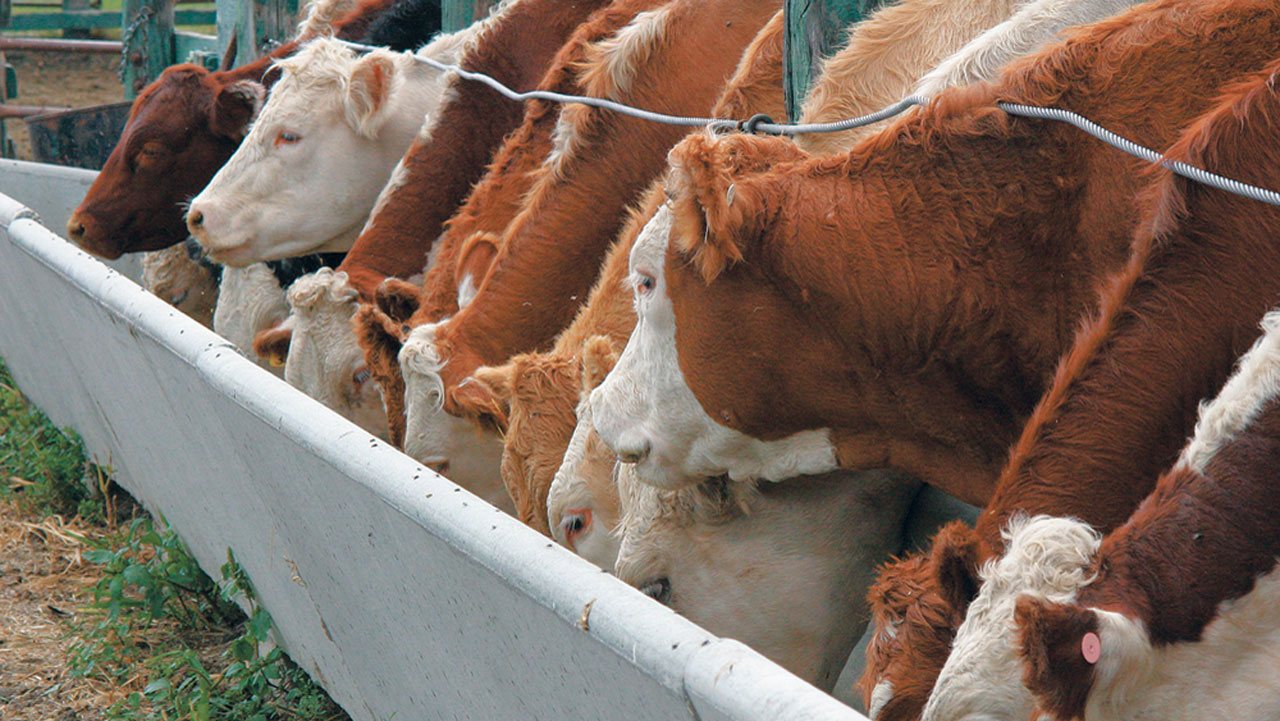
Something needs to be done to end the retrogressive culture and pave the way for the country’s emancipation economically. And not until this is done, the country would continue to wallow in self-imposed deprivation leading to a lack of progress on the economic front.
It is from this perspective that Governor Hope Uzodimma’s effort to revamp the old abandoned Adapalm project is highly commendable. By towing this progressive path, the Governor has demonstrated that he is thinking out of the box to do things differently.
Here is a facility that qualifies as a goldmine for Imo State, if properly harnessed, being neglected and abandoned by previous administrations. Uzodimma is making history by doing what the previous administrations failed to do on a veritable asset.
The history of Adapalm captures an impressive reminder of what the defunct Eastern Region set out to achieve under a federal system, which Nigeria started with. Eastern Nigeria is blessed with fertile arable land that made palm plantation a highly viable enterprise that offers potential for employment, food security and poverty alleviation.
It was on that ground that the Eastern Nigeria government under the colonial administration of Dr. Michael Okpara established the Ohaji Palm Settlement in 1953. Dr. Okpara, notably, established several farm settlements in different parts of Eastern region that provided the bull work for economic development. Adapalm occupies an area of 4,310 hectares of oil palm plantation planted between 1975 and 1978, while another 20 hectares were planted in 1995.
The main products of the company are Special Palm Oil (SPO) and palm kernel. The products expected from the value chain include vegetable oil, laundry soap, glycerin, palm kernel cake and oil.
The aim of the company was the development and management of oil palm plantations and their allied products; the mechanical processing of fresh fruit bunches at its mills complex at Ohaji.
Adapalm was later acquired by the Agricultural Development Authority Palm, from which the name AdaPalm was derived. The contributions of palm produce to the economy of the Eastern region are well documented and cannot be overemphasised. The outbreak of the Nigeria civil war truncated the operations of Adapalm.
Adapalm Nigeria Limited was incorporated on the 9th of May 1975, five years after the end of the civil war under the East Central State Government. With the splitting of East Central State in 1976 into two states, namely Imo and Anambra, Adapalm was ceded to Imo State under the control of the Ministry of Agriculture and Natural Resources, Owerri.
Unfortunately, successive administrations, especially under the military, abandoned Adapalm to rot away and its facilities vandalised. The administrative offices, workshop, residential quarters, electricity, water facilities, among others, were gone. The place was virtually crippled. It reportedly took strict police security to secure the mills that are now being revived.
In 1983, the first civilian governor, Chief Sam Mbakwe revived Adapalm. At the initial stage, the plantation had over 800 employees while the company was making annual sales estimated at over N1 billion. With the abrupt exit of the Mbakwe administration on December 31st, 1983, the company was once again abandoned. The subsequent administrations paid lip service to the company. Thus, nothing was happening at the company.
It was in this awful state that Governor Hope Uzodimma came on board as the state chief executive. Former Governor Emeka Ihedioha had attempted to inject new life into the facility but his administration was short-lived and didn’t achieve much. Without wasting time, Uzodimma embarked on a mission to turn around the company and bring it back to productivity and profit.
According to Governor Uzodimma, his government is committed to bringing back the company to help the state survive the global economic downturn caused by the coronavirus pandemic. “We have to look inwards to see how best we can restructure our economy, boost IGR strength and then ensure that our citizenry is also busy,” declared the Governor.
He said Adapalm, in its rightful place, would raise the internally generated revenue of the state, and the company on its own as a value chain can produce not only palm oil but also other oil-related products like margarine, Shea butter, and palm kernel oil, among others. He stated that the government was keen on expanding the company because of the potential 35,000 jobs that could be created, explaining that the state could earn about N3 billion turnover, once the firm was fully revived.
Following the resolution of the issues that held the company down, the company was ready to start full production. The company reportedly is engaging some 120 workers to kick start production.
A tripartite agreement, which Governor Uzodimma has approved, has been signed between the core investor Roche, Government and the host community, to make it part-owner of the company.
Along the line, the Central Bank of Nigeria (CBN) reportedly expressed interest in transforming the mill so that it could take palm nuts from other smallholder farms. The CBN Governor, Godwin Emefiele had said that the bank has committed about N30 billion to enhance oil-palm production in the country from which Adapalm is expected to benefit.
Government has reportedly commenced discussions with the CBN for a loan of N52 billion to be channeled into the Adapalm plantation. That would greatly leverage the company towards realising its aim of creating a palm plantation hub in Nigeria.
It is projected that the state would realise at least N15 billion annually if all the machines were in good condition and operated optimally: “Imo may soon no longer depend on federal allocation. If things go normal, we can make N500 million in a month and about N15 billion in a year. With this, we can take care of so many capital projects and improve the economy of the state.”
With such a loan, the government could establish more plantations across the three zones of Imo State. Besides, the mills and other operations would be modernised to increase capacity. The expectation is that when the company attains full capacity, it would employ about 35,000 people, which would reduce the rate of unemployment in the state.
It needs to be stated that Governor Uzodimma has made history. What he has accomplished so far in Adapalm is a great feat that has not been achieved since the inception of the company more than 60 years ago. The surprising thing is that no noise is made about these accomplishments that have a turnaround effect on the state economy.
The revamping programme includes the elimination of the old palm trees and replacing them with new seedlings, the Uzodimma administration is committed to accomplishing with time.






